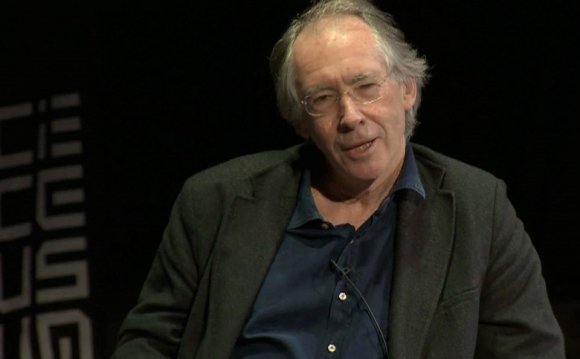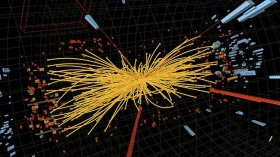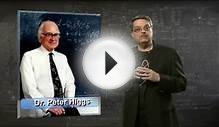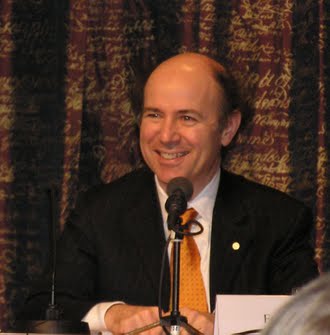
 Scientists believe they now have enough evidence to confirm the existence of the so-called 'God Particle'.
Scientists believe they now have enough evidence to confirm the existence of the so-called 'God Particle'.
Stephen Hawking
SCIENTIST Stephen Hawking has warned that the Higgs boson, the so-called God particle, could cause space and time to collapse.
But there is time for lunch: It may take trillions of years to topple.
The British professor said that at very high energy levels the Higgs boson – the subatomic particle which gives us our shape and size - could become so unstable that it would cause space and time to collapse.
Hawking made his comments in the preface to a new book, Starmus.
The Higgs boson field is the force within the universe which give particles mass and therefore acts as the “glue” which holds everything together. Without that “glue”, we’d all disintegrate at the speed of light.
Now, Hawking’s comments that the Higgs “has the worrisome feature that it might become metastable” at very high energies has reignited unfounded fears that a "black hole" could be created on Earth.
Hawking went on: “This could mean that the universe could undergo catastrophic vacuum decay, with a bubble of the true vacuum expanding at the speed of light.
“This could happen at any time and we wouldn’t see it coming.”
His words have rattled the physics community: Not because he is specifically wrong, but because of the public fears his comments – without context – could cause.
After all, before CERN was even powered up the fear that it would cause us all to collapse into a black hole was a widespread internet concern.
Hawking does admit, however, that the likelihood of a disaster involving the Higgs is very small since physicists do not have a particle accelerator large enough to create such an experiment.
Australian physicist Dr Alan Duffy takes the argument one step further: Such a catastrophic transition to a new state by a Higgs field collapse could not be caused by colliders anyway “in the same way that volcanologists who measure the tremors of a volcano aren't responsible for any eruption.”
“A particle accelerator that reaches 100bn GeV would be larger than Earth, and is unlikely to be funded in the present economic climate, ” Hawking wrote.
But bigger ones are on the cards.
MINISCULE PERSPECTIVE
Dr Duffy, of Swinbourne University in Melbourne, says Hawking is technically correct but adds that the energy levels necessary to push the Higgs boson beyond its “tipping point” would have to be astronomical. In fact, an accelerator capable of propelling particles up to the necessary speeds for such a catastrophe would likely have to be on a scale similar to that of our solar system.
INTERESTING VIDEO



 Frank Anthony Wilczek (born May 15, 1951) is a theoretical physicist from the United States and a Nobel laureate. He is currently the Herman Feshbach Professor of Physics at the Massachusetts Institute of Technology (MIT).
Frank Anthony Wilczek (born May 15, 1951) is a theoretical physicist from the United States and a Nobel laureate. He is currently the Herman Feshbach Professor of Physics at the Massachusetts Institute of Technology (MIT).







